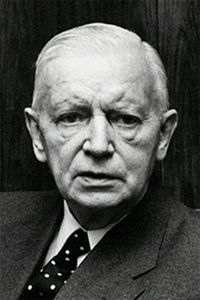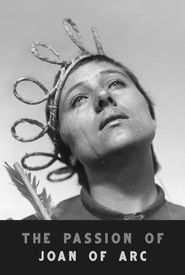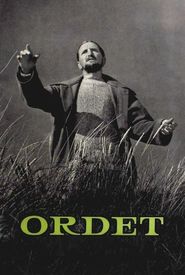Carl Theodor Dreyer was born on February 3, 1889, in Copenhagen, as the illegitimate son of a Danish farmer and his Swedish housekeeper. His early years were marked by instability, as he was shuffled between various foster homes before being adopted by the Dreyer family at the tender age of two. Despite popular misconceptions, Dreyer did not receive a rigid Lutheran upbringing, instead being raised in a household that valued modernity and progressive ideas. His adoptive father, a photographer by hobby, and the Dreyers, who voted for the Danish Social Democrats, fostered an environment that encouraged creativity and intellectual curiosity.
However, Dreyer's childhood was marred by feelings of abandonment and longing. He struggled to connect with his adoptive parents, particularly his mother, and yearned for his biological mother, whom he never knew. This sense of disconnection would later influence his cinematic work, which often explored themes of identity, morality, and the human condition.
After pursuing a career in journalism, Dreyer transitioned to the film industry, eventually becoming a director. During the silent era, he was prolific, but his output slowed significantly with the advent of sound. He was notorious for his perfectionism, which made him a challenging collaborator. His films were often characterized by their slow pace, intense focus on human psychology, and exploration of extreme personal or religious crises.
Despite his dedication to his craft, Dreyer faced numerous challenges throughout his career, including difficulties securing financing for his projects. This led to significant gaps in his output, and he eventually returned to journalism in 1932. He continued to work in film, albeit sporadically, until the mid-1960s. Today, Dreyer is regarded as one of the greatest directors to emerge from Denmark, known for his groundbreaking and influential films that continue to captivate audiences worldwide.




























